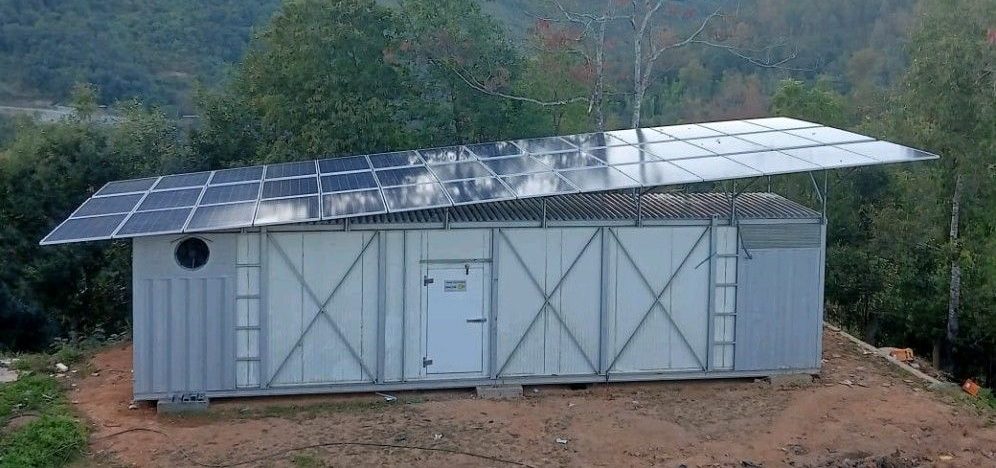
The cold chain industry is crucial to ensuring that perishable goods maintain their quality and remain safe for consumption. In Nigeria, a country with a thriving agriculture sector and climate that is conducive to farming, the cold chain industry is essential to reducing food waste, improving food security, and boosting economic growth.
However, the cold chain industry in Nigeria is still at a nascent stage and struggles with numerous challenges such as a lack of electricity and infrastructure, unstable government policies, and inadequate funding. Given the critical role that the industry plays in the country’s economy, the government must take an active role in supporting its growth.
One way in which the government can support this sector is by providing financial support to new businesses. By offering low-interest loans, grants, and tax incentives to entrepreneurs and startups, the government can encourage more people to invest in the cold chain industry.
In addition, investments in transportation infrastructure are critical to the success of the cold chain industry. Cold chain logistics require reliable, efficient, and cost-effective transportation solutions, such as refrigerated trucks and warehouses. Therefore, the government needs to commit to investing in and developing transportation infrastructure to support the transportation needs of cold chain businesses.
Energy policy reform is another crucial step forward in the government’s role in fostering growth in the cold chain industry. Access to reliable electricity is a significant challenge to the industry, and power supply is often irregular in many remote areas of the country. The government can provide incentives for clean energy alternatives, such as solar and biomass, to provide a sustainable and reliable source of energy for cold chain businesses.
In conclusion, the cold chain industry is integral to Nigeria’s development, and the government must play an active role in supporting its growth. By providing financial support to new businesses, investing in transportation infrastructure, and reforming energy policies, the government can create a conducive environment for the growth of the cold chain industry in Nigeria, which will lead to increased food security and promote economic growth.

